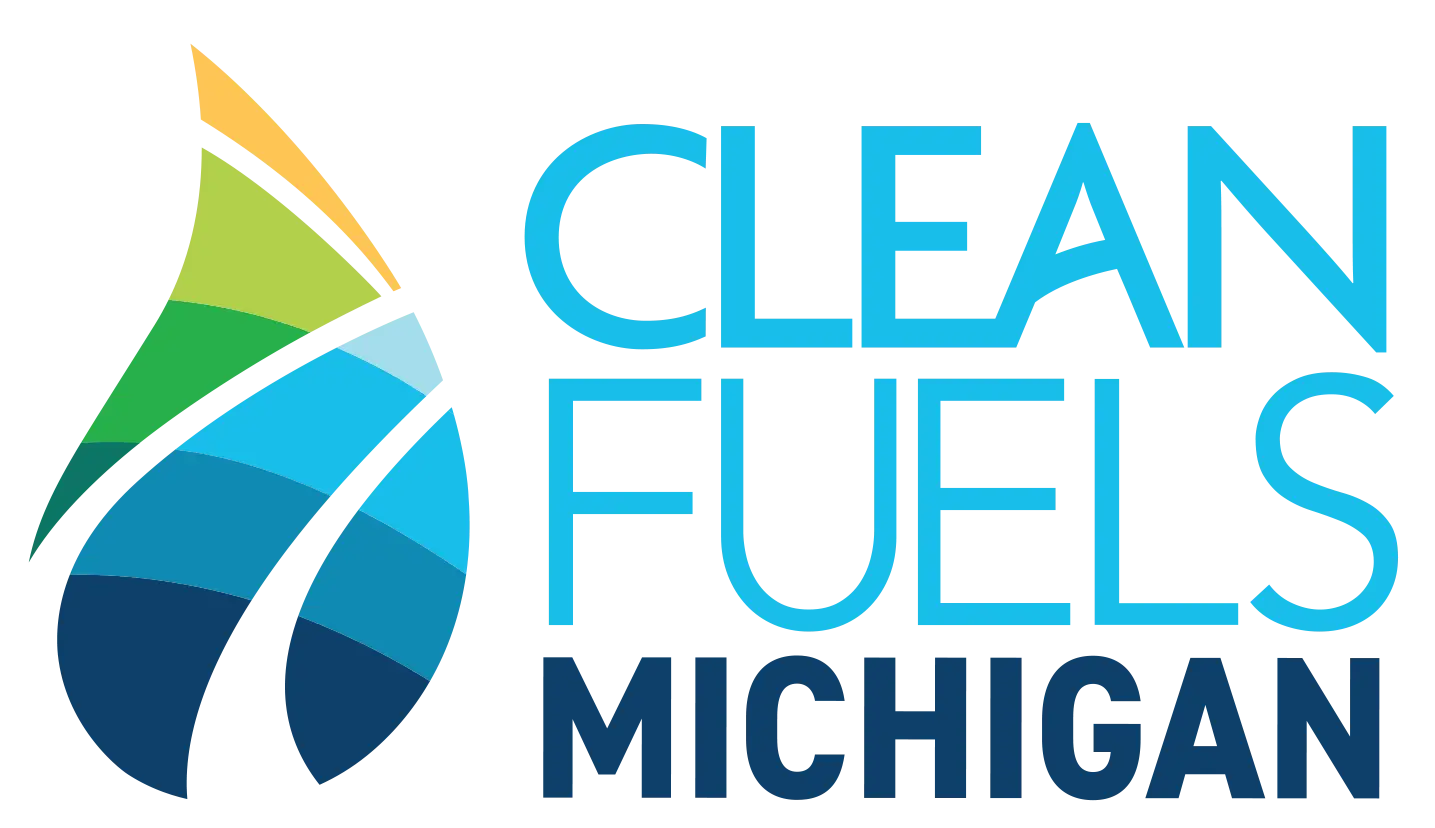The Michigan Senate Committee on Energy and Environment held a hearing on March 14 to consider legislation introduced last year that aims to create a tax credit to support the purchase of sustainable aviation fuel (SAF): SB 447, introduced by State Sen. Sam Singh.
The March 14th hearing received testimony in support of the bill from a variety of stakeholders, including Clean Fuels Michigan and our member Gevo. Kent Hartwig, director of state government affairs at Gevo, emphasized the transformative potential of SB 447, stating, “This initiative supports producers like Gevo in expanding production capabilities by providing outlets for fuel beyond the West Coast. Such forward-thinking policies are instrumental in transforming airports like DTW and others across Michigan into hubs for cleaner burning, low-carbon, renewable aviation fuel.”
Economic Growth Potential
SB 447 holds the promise of igniting economic growth by fostering the development of sustainable aviation fuel industries within Michigan. With a focus on enhancing cost competitiveness between SAF and conventional jet fuel, the legislation is poised to stimulate demand and attract investments in essential infrastructure. According to insights from the Department of Energy, expanding domestic sustainable aviation fuel production could yield many economic benefits, including job creation across various sectors such as feedstock production, construction, manufacturing, and aviation.
Greenhouse Gas Emissions Reductions
The adoption of SAF presents a tangible solution to mitigate greenhouse gas emissions associated with aviation. Derived from biomass, SAF boasts a significantly lower carbon footprint than its petroleum-based counterparts. Notably, SB 447 offers tax credits based on the percentage reduction in carbon dioxide equivalent emissions, incentivizing the utilization of the cleanest forms of sustainable aviation fuel. Increasing access to SAF in Michigan can substantially decrease Michigan’s aviation-related carbon footprint, aligning with broader environmental objectives in the MI Healthy Climate Plan.
Key Considerations
Stackable, state-based incentives are necessary to catalyze the SAF industry and to ensure Michigan secures the benefits described above. Given the diverse range of feedstocks available for SAF production, the legislation underscores the need for flexibility and innovation. Michigan stands at the precipice of an opportunity to lead the charge towards sustainable aviation fuel adoption, positioning itself as a trailblazer in the transition towards clean fuels in hard-to-decarbonize industries.
Senate Bill 447 represents a pivotal step towards decarbonizing Michigan’s skies and fostering a sustainable future for aviation. With concerted efforts from policymakers and stakeholders, Michigan stands poised to emerge as a beacon of innovation in sustainable aviation fuel production and adoption.
